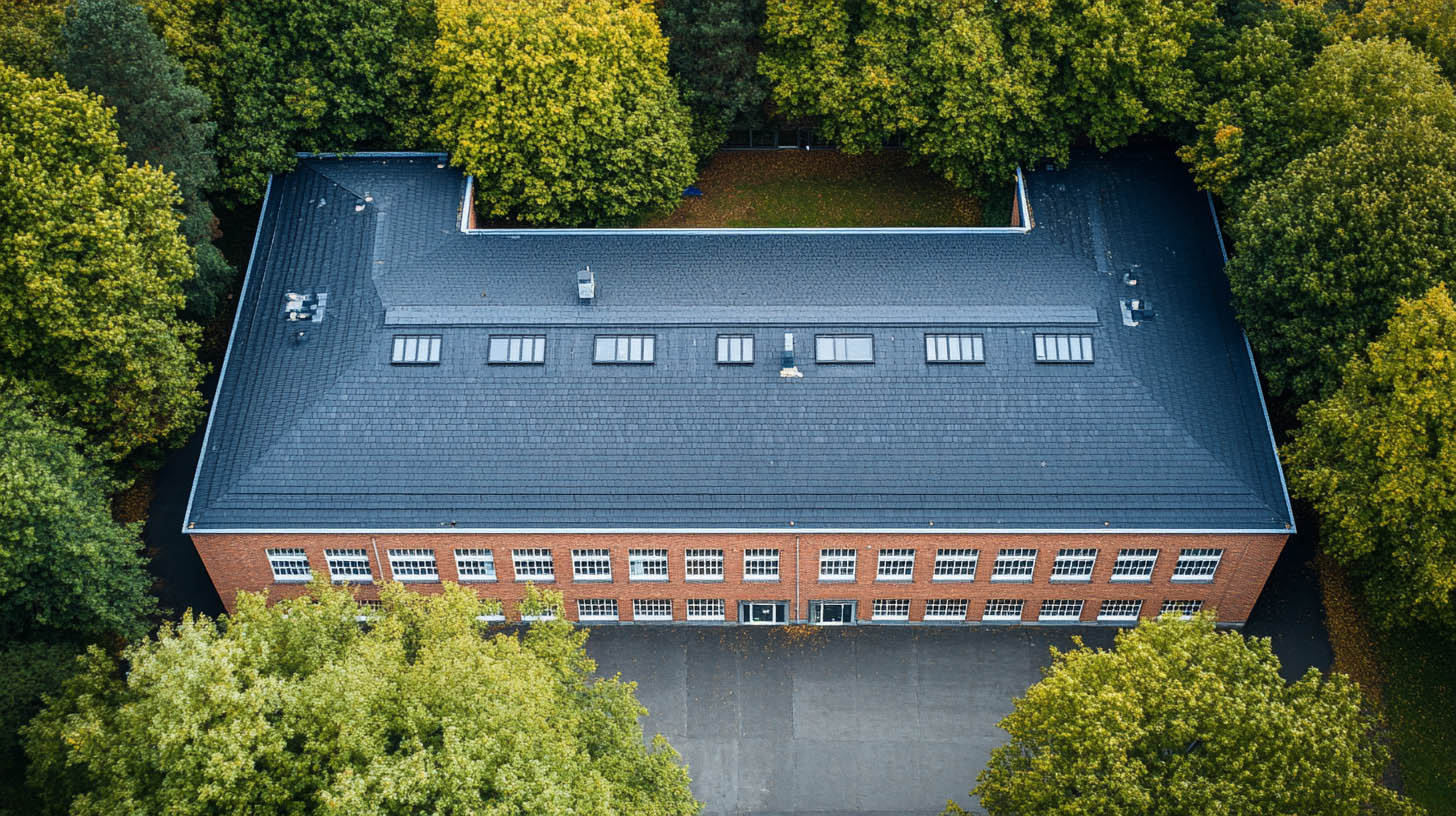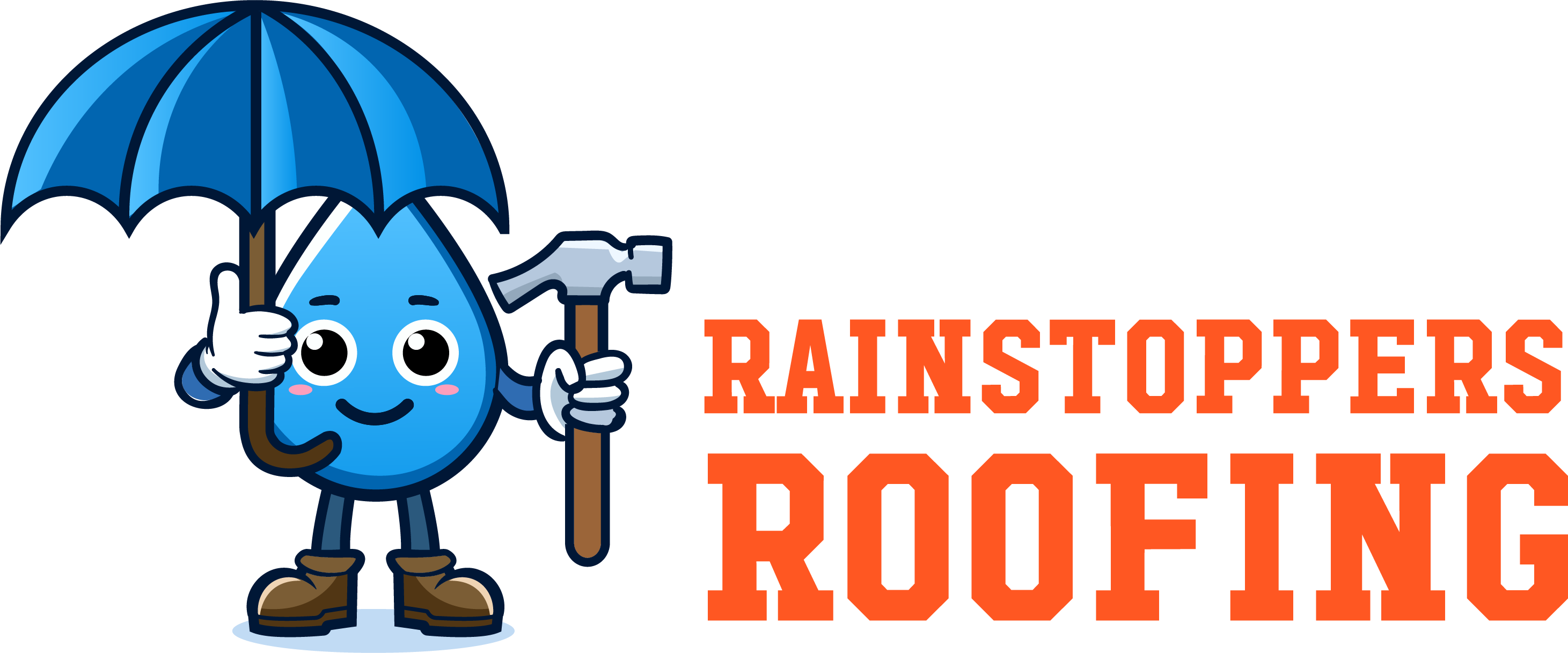
Maintaining a commercial roof involves proactive strategies and regular inspections to ensure it remains in optimal condition. A well-maintained roof not only protects a business’s assets but also prevents costly repairs and replacements. Rainstoppers Roofing in Charleston, WV, offers professional maintenance services tailored to the unique demands of commercial roofs.
Key Maintenance Practices for Commercial Roofs
1. Preventative Maintenance
Proactive maintenance helps detect potential issues early, preventing them from escalating into costly problems. Regular maintenance tasks like clearing debris, inspecting seals, and checking drainage systems extend the roof’s lifespan and reduce the need for emergency repairs. Preventative maintenance also reduces the risk of roof leaks that could disrupt business operations.
2. Scheduled Inspections
While preventative maintenance focuses on avoiding issues, scheduled inspections address any existing concerns. Professional inspections should be conducted biannually and after severe weather events to identify hidden damage or deterioration. Regular inspections allow business owners to address issues immediately, saving time and money in the long run.
3. Post-Storm Inspections
Severe weather can leave hidden damage that worsens over time. After any major weather event, a post-storm inspection can identify early signs of wear or damage, such as leaks or weakened roofing materials. Addressing storm-related issues promptly ensures the roof’s structural integrity and reduces potential repair costs.
4. Maintain Accurate Roofing Records
Keeping comprehensive records of your roof’s specifications, including its size, age, maintenance history, and warranty details, is crucial for efficient management and long-term planning. Utilizing facility management software streamlines this process by organizing and updating these records systematically. This ensures that vital information is readily accessible when scheduling inspections, planning necessary repairs, or budgeting for future upgrades. Organized documentation not only saves time but also minimizes errors and helps maintain the roof’s condition, ultimately protecting your investment and extending its lifespan.
5. Work with Qualified Contractors
Commercial roofing requires specialized skills, making it important to hire experienced commercial roofers. A qualified contractor ensures that repairs and maintenance are done to professional standards, reducing risks and enhancing the roof’s durability. Establishing a long-term relationship with a trusted contractor provides reliable support for ongoing maintenance needs.
Conclusion
Implementing these best practices can protect a commercial roof, minimize costs, and extend its lifespan. Rainstoppers Roofing offers tailored maintenance plans for commercial properties, ensuring durable and dependable roofing solutions for Charleston businesses.
FAQs
- How often should commercial roofs be inspected?
- Twice a year and after severe weather events for optimal maintenance.
- What is the benefit of preventative maintenance?
- Preventative maintenance catches minor issues early, avoiding costly repairs and extending the roof’s life.
- Why are post-storm inspections necessary?
- Storms can cause hidden damage that worsens over time; prompt inspection ensures any issues are quickly addressed.
- How can organized roofing records help?
- Organized records facilitate effective planning for maintenance and repairs, making the process efficient.
- What should I look for in a commercial roofing contractor?
- Choose contractors with commercial roofing expertise, reliable references, and a proven track record for quality work.
To learn more about why routine roof inspections are essential for commercial roofs, click here.
